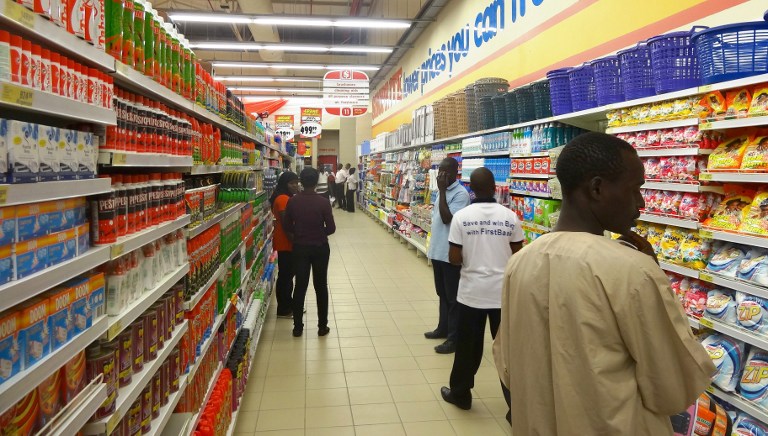- Analysts Give Conditions for Economic Recovery
Following the optimism of the Presidency that the Nigerian economy will rebound in 2017, financial analysts say the country must pay the required price for it to see recovery and an eventual rebound.
President Muhammadu Buhari, had in his New Year speech, expressed joy that the nation was witnessing a new and impressive turnaround in its socio-economic situation and security.
He also said the economic recovery and growth plan in 2017 was anchored on optimising the use of local content and empowering local businesses.
However, the Managing Director/Chief Executive Officer, Enterprise Capital Partners Limited, Mr. Rotimi Fakayejo, told our correspondent that if the economy must start recovering from the current recession, the government must be committed to doing things differently this year.
He said a lot of things had gone wrong in terms of perception of foreign investors and wrong policies, but maintained that a stable and consistent foreign exchange policy would boost the confidence of investors in the economy, while also attracting them to the country.
“Investors who bring in money must be able to get their money out when they want and in good value. This is the problem we are currently facing,” Fakayejo said.
According to the Enterprise Capital boss, an improvement in the price of crude oil in the international market will help the country earn more foreign exchange, which will help boost forex supply and the foreign exchange reserves.
He called on the government to look inwards, reduce imports and improve local production of goods and services.
“We need improvement in power supply to do this, and the rehabilitation of some of our roads is a step in the right direction. Putting the economy on a recovery path is a possibility, as it isn’t rocket science. But with what we’ve seen in the past months, an outright rebound of the economy in 2017 may not be guaranteed,” Fakayejo noted.
An Economist and Vice-Chairman, Quantum Securities Limited, Mr. Andrew Elueni, said with the ongoing resolution of the Niger Delta crisis and more Nigerians taking to one form of agriculture or the other, national production would likely pick up this year.
“For agricultural production, even if we are not producing to export, such production will boost our Gross Domestic Product. This, therefore, is some sort of growth for the economy. If the oil sector improves, other sectors linked to it will also do likewise. All these are growth indicators,” he added.
A financial analyst and Chairman, Association of Stockbroking Houses of Nigeria, Mr. Emeka Madubuike, said the recovery of the economy from recession was possible if certain conditions were met.
According to him, the country has what it takes to get out of recession, adding that issues bordering on power supply, local production and internal peace and stability were critical factors.
Madubuike noted that the country’s challenges were more of policy implementation rather than initiation.

 Forex3 weeks ago
Forex3 weeks ago


 Naira2 weeks ago
Naira2 weeks ago
 Billionaire Watch2 weeks ago
Billionaire Watch2 weeks ago






 Naira3 weeks ago
Naira3 weeks ago






 Naira2 weeks ago
Naira2 weeks ago


 Naira1 week ago
Naira1 week ago




 Naira4 weeks ago
Naira4 weeks ago






 Naira1 week ago
Naira1 week ago






















